Humans
Sign up for our newsletter
We summarize the week's scientific breakthroughs every Thursday.
-
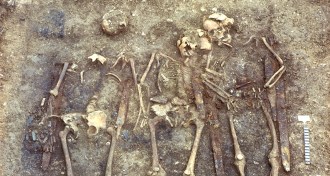 Genetics
GeneticsGerman skeletons hint that medieval warrior groups recruited from afar
Graveyard finds may come from an ancient European warrior household with political pull.
By Bruce Bower -
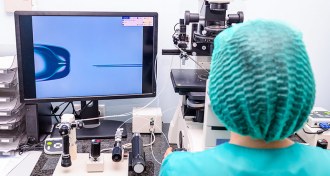 Health & Medicine
Health & MedicineTeens born from assisted pregnancies may have higher blood pressure
Kids born from reproductive technologies such as in vitro fertilization are susceptible to high blood pressure as adolescents, a small study finds.
-
 Psychology
PsychologyHuge ‘word gap’ holding back low-income children may not exist after all
The claim that poor children hear fewer words than kids from higher-income families faces a challenge.
By Bruce Bower -
 Health & Medicine
Health & MedicineCRISPR gene editing relieves muscular dystrophy symptoms in dogs
Scientists have used CRISPR’s molecular scissors in beagle puppies to repair a genetic mutation that causes muscular dystrophy.
-
 Health & Medicine
Health & MedicineOfficials raise Puerto Rico’s death toll from Hurricane Maria to nearly 3,000 people
Nearly 3,000 Puerto Ricans died due to Hurricane Maria as of February 2018, according to a new report.
-
 Health & Medicine
Health & MedicineThe United States and Brazil top the list of nations with the most gun deaths
Globally, the estimated number of gun deaths due to homicides, suicides and unintentional injuries went up from 1990 to 2016.
-
 Health & Medicine
Health & MedicineAs algae blooms increase, scientists seek better ways to predict these toxic tides
Scientists around the United States are developing programs that can predict harmful algal blooms in advance.
-
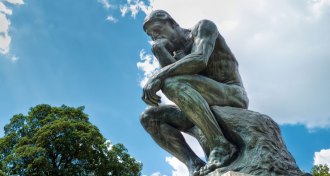 Psychology
Psychology‘Replication crisis’ spurs reforms in how science studies are done
Redos of social sciences studies from major journals point to opportunities for improvement.
By Bruce Bower -
 Health & Medicine
Health & MedicineAir pollution is shaving a year off our average life expectancy
The first country-by-country look at how dirty air affects when we die shows it can have more impact on mortality than breast or lung cancer.
By Katy Daigle -
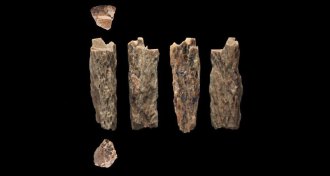 Humans
HumansMeet the first known child of a Neandertal and a Denisovan
DNA analysis of a bone fragment reveals Neandertal movements between Siberia and western Europe.
-
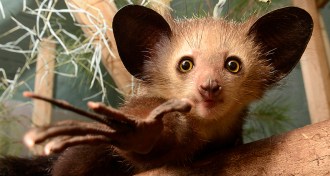 Anthropology
AnthropologyA fossil mistaken for a bat may shake up lemurs’ evolutionary history
On Madagascar, a type of lemur called aye-ayes may have a singular evolutionary history.
By Bruce Bower -
 Health & Medicine
Health & MedicineThere’s a new cervical cancer screening option
Women now have another choice for cervical cancer screening: getting an HPV test alone every five years.